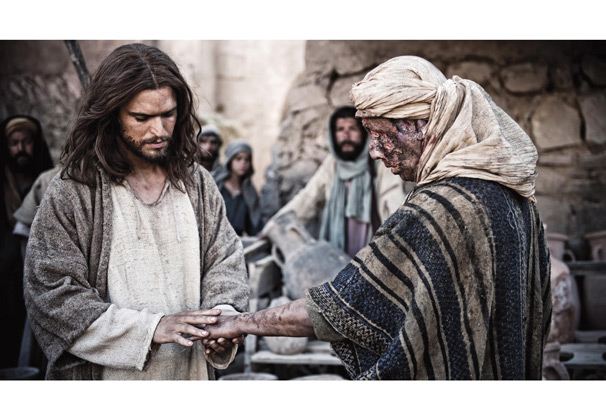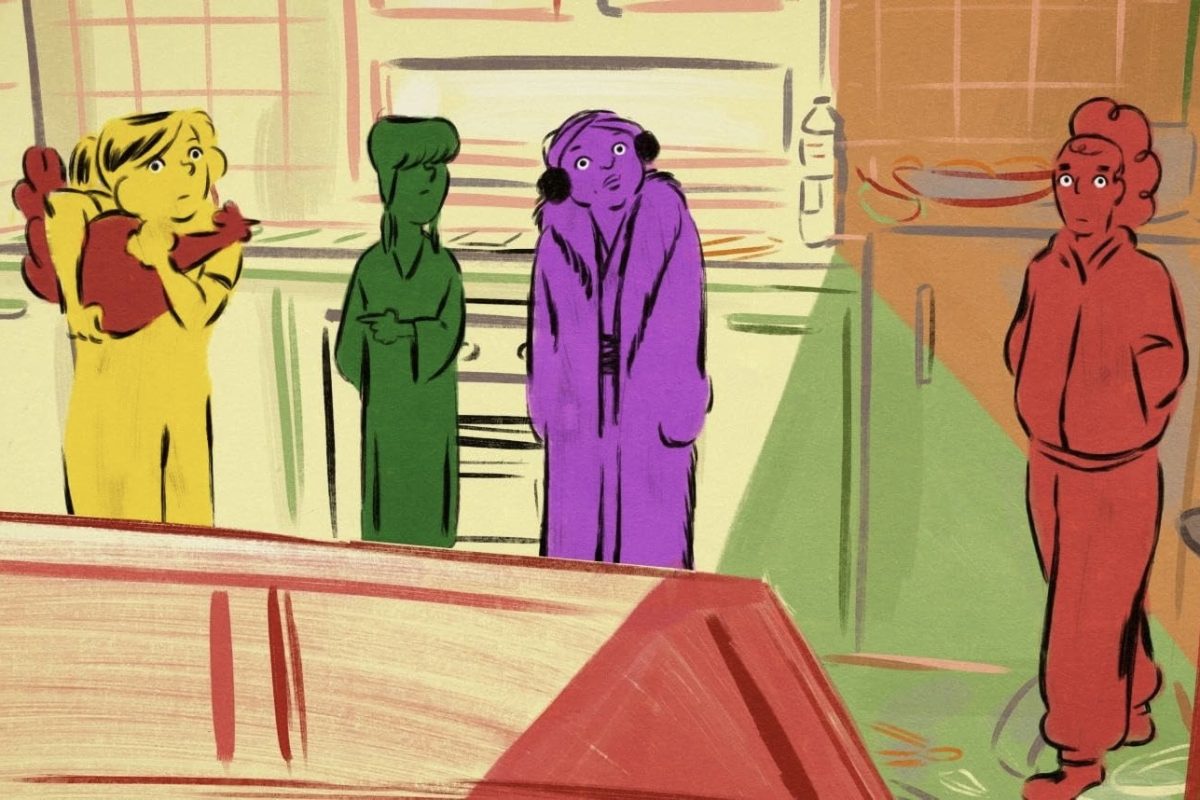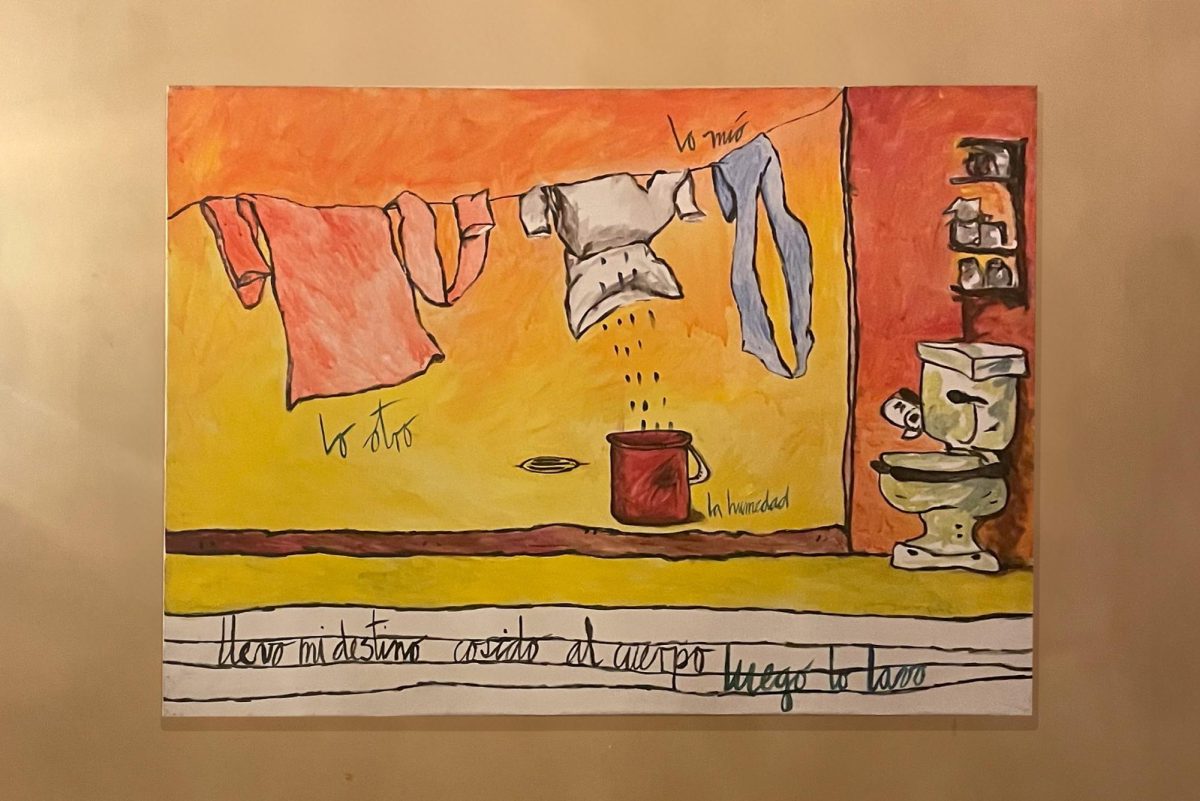
Though the United States separates church and state, religious themes permeate mainstream media. Religion, particularly Christianity, is often milked for both comedy and drama. However, The History Channel is taking a more serious approach with “The Bible,” a 10-part miniseries that airs over the course of five weeks.
Translating the Bible to film is nothing new, but what makes this project different is its format and approach. “The Bible” will be the first ever project to present the text as a weekly miniseries and the first to try to cover all the main biblical stories from the Old and New Testaments in one series. Mark Burnett and Roma Downey, the series’ creators, imagined “The Bible” as a way to address “biblical illiteracy” among young people today.
Despite Burnett’s noble intention to present “The Bible” as an educational source, certain political groups have already found fault with the series’ directors as well as the creators’ interpretation of the widely read text. The narrative of the series is supposed to seamlessly connect the Old Testament to the New Testament, but in the process some things are inevitably going to be left out while others will be emphasized. The episode “Passion,” which will cover the well-known story of Jesus’ crucifixion and resurrection, is sure to draw controversy when it airs March 31.
Some viewers have also been dissatisfied with the number of CGI special effects used to illustrate all the wonders and miracles in biblical stories like that of Noah’s Ark and David and Goliath. Others have pointed out the limitations that FCC content regulations place on television broadcasts — a problem that film adaptations do not face.
The most controversial claim so far (originated by Glenn Beck) is that the actor who plays Satan, Mehdi Ouazanni, bears a purposeful resemblance to President Barack Obama. Burnett has responded that the accusations are “nonsense,” but the statement has prompted debate over the appearances of all the characters.
However, the ratings for the March 1 premiere showed that no one, not even Glenn Beck, could stop the 13.1 million people who tuned in and made the first episode of “The Bible” cable’s most-watched entertainment telecast this year. Numbers have remained high through the first three weeks, and, with only two weeks left, it doesn’t seem like viewership will falter, despite mixed reviews from critics.
The success of Burnett and Downey’s educational mission is yet to be seen, and while their goal may never be fulfilled, they certainly grabbed everyone’s attention in a way that only a controversial television series could. “The Bible” stands as one of the few successful adaptations of an “unfilmable” text out there precisely because of its ability to garner such controversy.
Ife Olujobi is a staff writer. Email her at [email protected].











































































































































